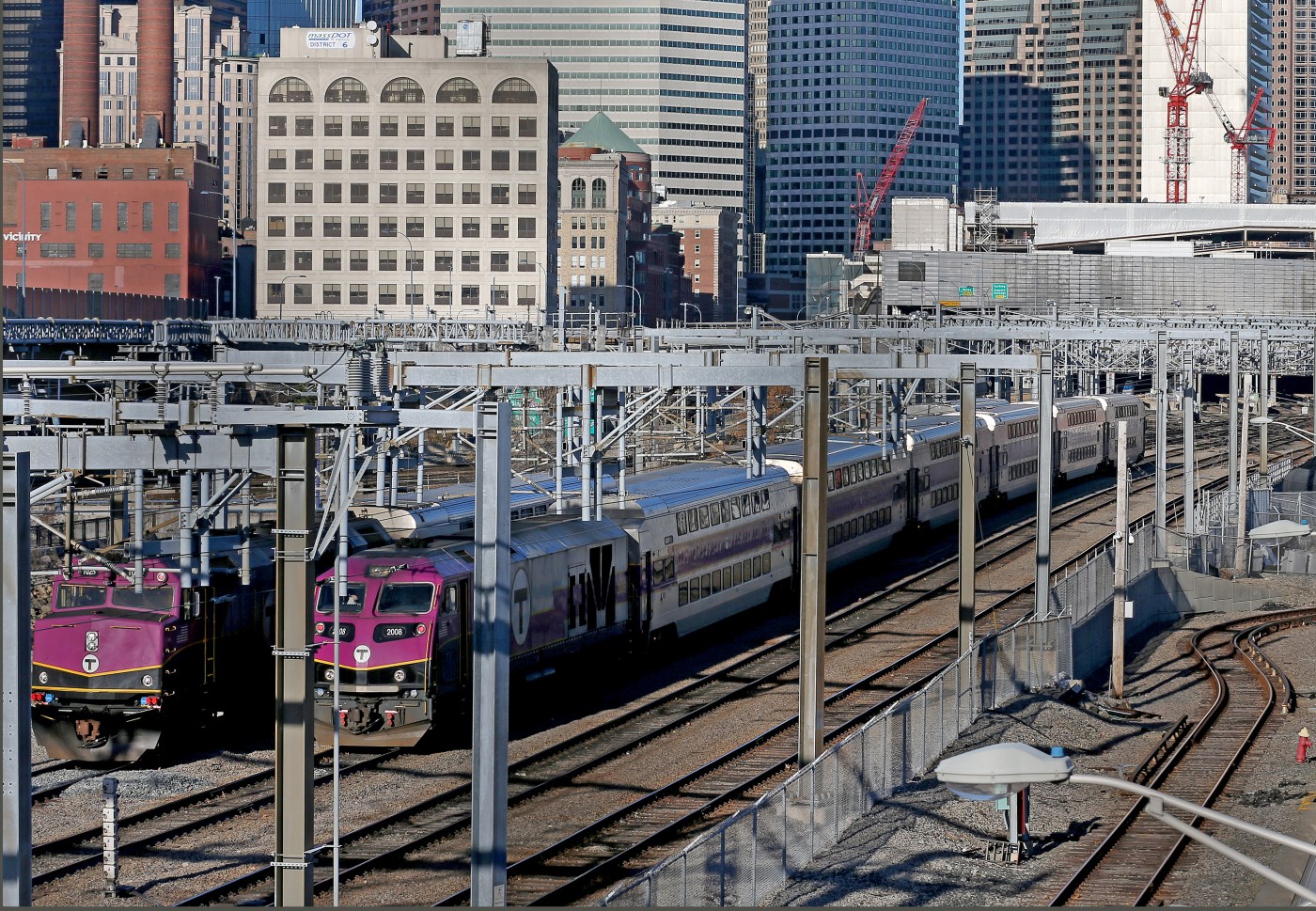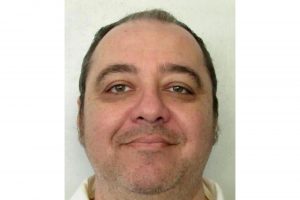
Dispute over train horns before station pedestrian crossings has February court hearing
An effort to force the MBTA to sound train horns at every pedestrian crossing that cuts through a station is heading to a showdown next month in Suffolk County Superior Court when lawyers will argue over whether a former train operator has standing to go after the public transit agency.
Mark Layman, a former commuter rail operator, sued the MBTA in March 2023 and asked a judge to effectively require trains to sound their horns as they approach station pedestrian crossings, something he said the agency does not do consistently and makes stations more dangerous for people.
Nearly a year after the lawsuit was filed, a lawyer for Layman said both sides will meet in court on Feb. 14 to debate a motion to dismiss the legal challenge filed by lawyers representing the MBTA.
Attorney Peter Brown, who is representing Layman, said it is “bewildering” to him that it takes a lawsuit “to go and simply make these stations safe and to follow these very standard, very simple, very elementary safety practices that they themselves publicly say they do.”
“We’re asking the court to interpret the law and tell the MBTA that the law requires them to sound the horn when going through these pedestrian grade crossings at commuter rail stations. We believe it’s legally required,” he told the Herald this month.
Lawyers with the MBTA say that Layman doesn’t understand the complexity of the agency’s operation “and seeks to compel the MBTA, without standing, to perform an act not required by law but to support his self-proclaimed advocacy for train horns.”
There were 122 instances of a train striking a person that resulted in 100 deaths in Massachusetts between 2017 and 2022, according to data collected by Brown and presented to the Legislature in November 2023.
In a court filing from March, Brown argued state law requires railroad operators to sound three separate and distinct horn blasts no later than 1,320 feet before reaching a crossing. A federal rule requiring trains to sound their horns before highway crossings exempted pedestrian crossings, leaving state law to cover those areas, Brown wrote in court documents.
“The MBTA contends that at-grade pedestrian crossings located within passenger rail stations are excluded from the reach and application of (state law),” Brown wrote.
A spokesperson for the MBTA declined to comment on the pending litigation but said railroad safety “is of paramount importance to the MBTA and its commuter rail operator.”
“While operating trains, commuter rail engineers strictly comply with all (Federal Railroad Administration) procedures and regulations that govern passenger railroad operators in the country,” MBTA spokesman Joe Pesaturo said in a statement to the Herald.
In court documents, lawyers for the MBTA argued Layman’s lawsuit should be dismissed because the civil complaint filed by Brown was too long at more than 240 pages.
“It is comprised almost entirely of labels, unsubstantiated opinions and incorrect legal conclusions and speculative assertions,” the agency said. “Mr. Layman’s rambling complaint fails to meet the threshold requirement of pleading, fails to fairly and adequately inform the MBTA and the court of the nature of his claim and the ground on which he relies for relief, and consequently, must be dismissed.”
Lawyers for the MBTA also argued that state law requiring trains to blow their horns at station pedestrian crossings does not apply to the agency because it is not a “railroad corporation” but is instead a “body politic created by the Legislature.”
They wrote that the commuter rail is operated by Keolis, “which is subject to this statute. The MBTA is not.” They further note that “My. Layman cannot establish that each and every station pedestrian crossing across the commonwealth is a ‘public crossing’ for the statute to apply.”
And the MBTA said commuter rail trains ring their bells when passing through stations.


